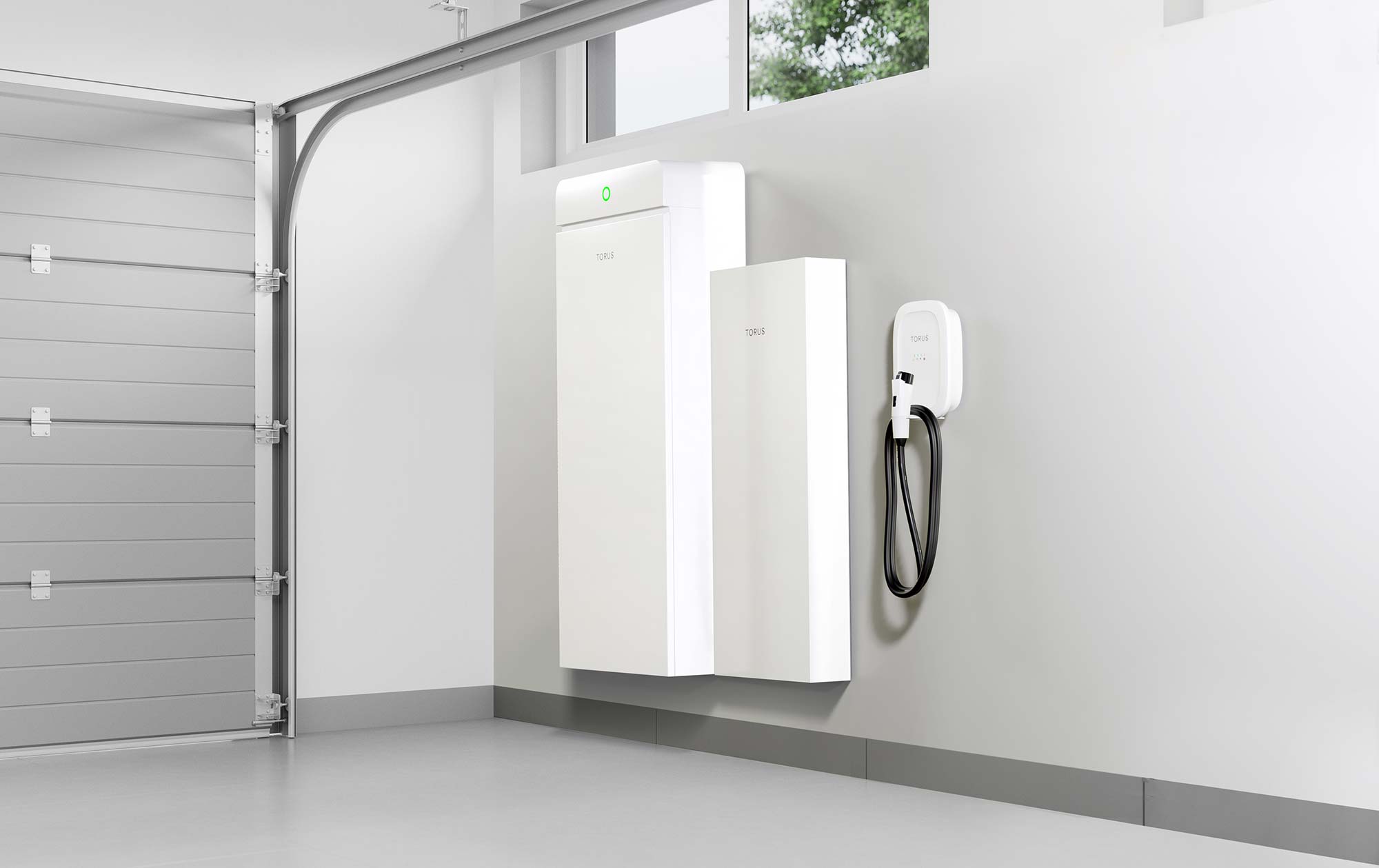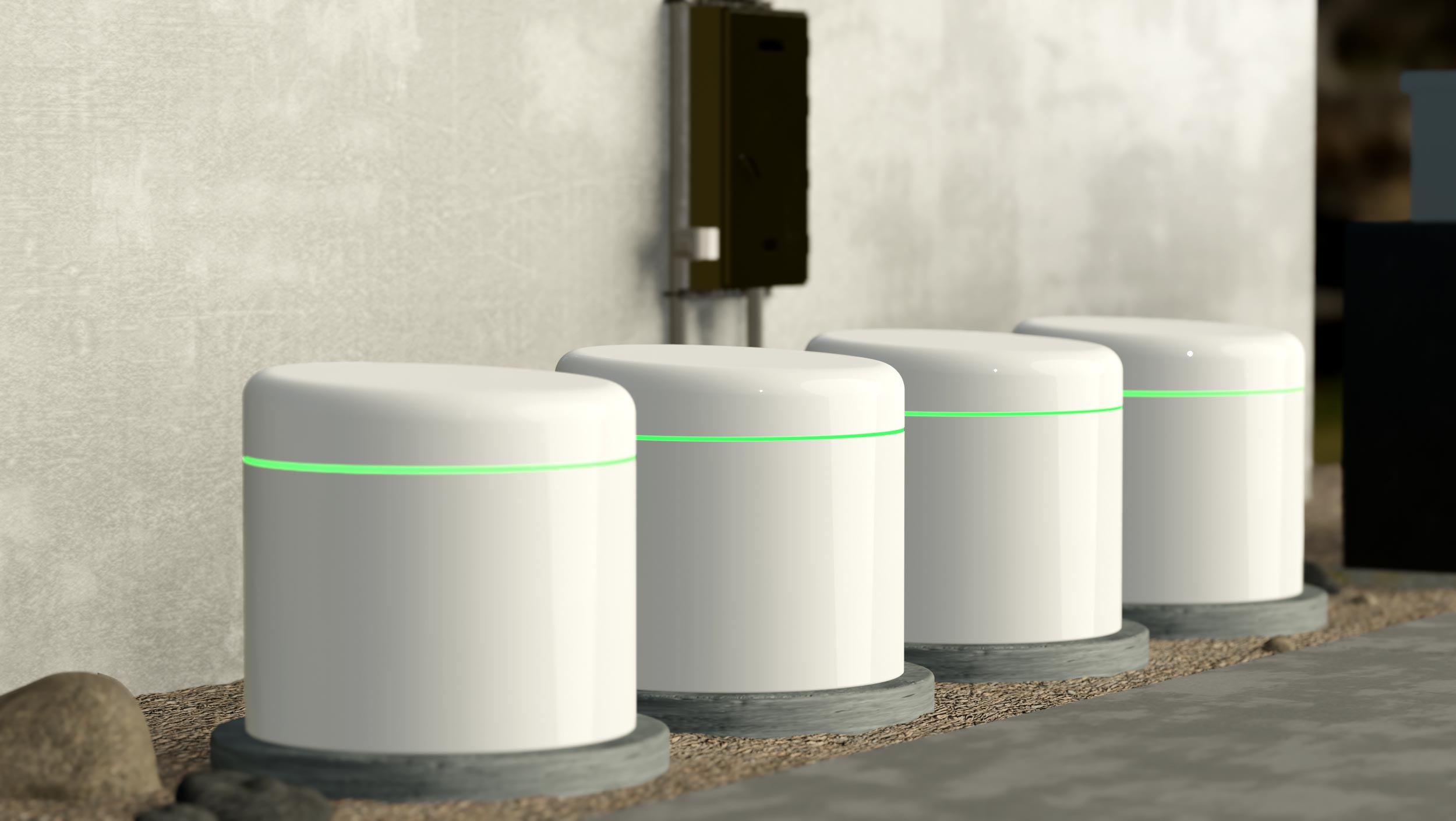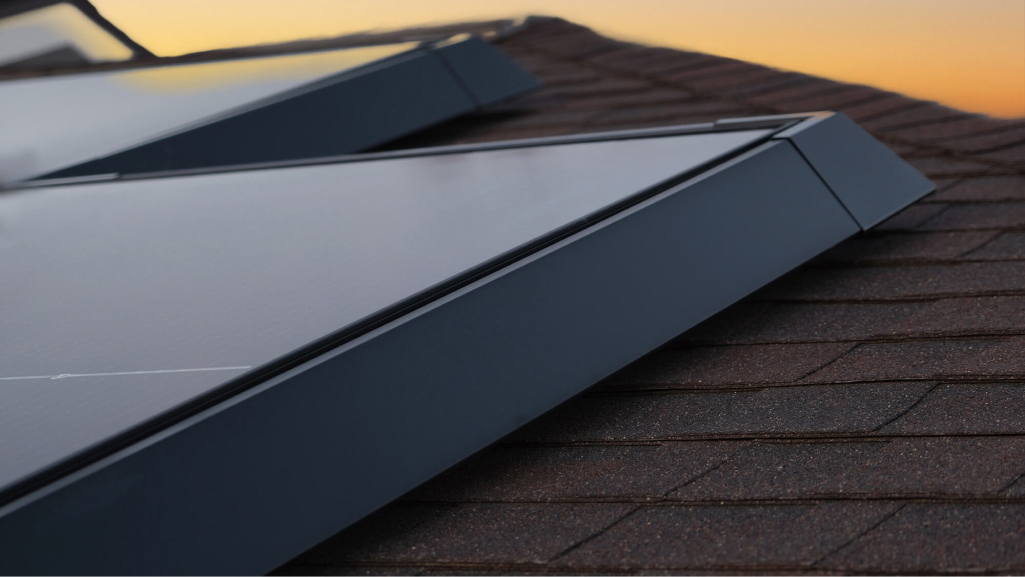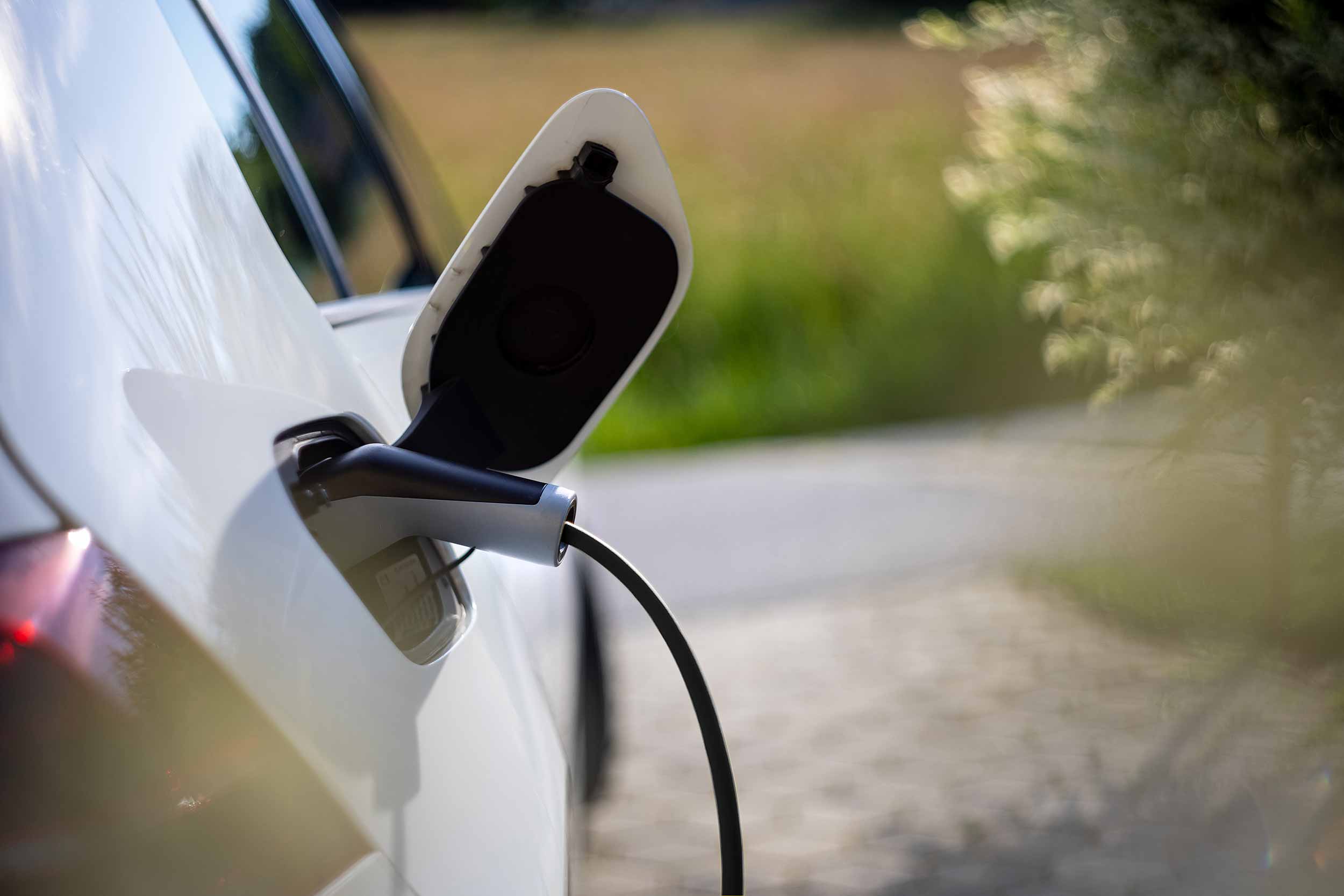Pros & Cons: Gas vs. Electric Range Oven
What to consider when replacing your range
When it comes to choosing a range oven for your kitchen, one of the primary decisions you'll face is whether to opt for a gas or electric model. Gas and electric range ovens have distinct differences in how they operate, offering unique cooking experiences and benefits. Below, we’re comparing gas and electric range ovens, highlighting their features, performance, and factors to consider to help you make an informed decision that best suits your cooking needs.
1. Cooking Performance:
- Gas Range Ovens: Gas ovens offer precise temperature control, enabling quick and responsive heat adjustments. They provide even heat distribution and excellent heat retention, making them ideal for baking and roasting dishes that require consistent and controlled cooking conditions.
- Electric Range Ovens: Electric ovens utilize heating elements to generate heat, providing consistent temperatures throughout the oven cavity. They often come with features like convection cooking, which uses a fan to circulate hot air, resulting in faster and more even cooking. Electric ovens excel at tasks such as baking, broiling, and achieving optimal browning and crisping.
2. Energy Efficiency:
- Gas Range Ovens: Gas ovens tend to be more energy-efficient compared to electric ovens. They convert fuel to heat more efficiently, which can result in lower energy consumption and cost savings over time. However, this efficiency can vary depending on factors like oven insulation, usage patterns, and local gas and electricity rates.
- Electric Range Ovens: Electric ovens may have higher energy consumption due to the conversion of electricity into heat. However, their energy efficiency has improved over the years with advancements in technology. Additionally, if your electricity is sourced from renewable energy, electric ovens can offer a greener cooking option.
3. Installation and Safety:
- Gas Range Ovens: Installing a gas range oven requires access to a gas line and proper ventilation for combustion byproducts. Professional installation is recommended to ensure safety and compliance with building codes. While gas ovens have open flames, they typically come with safety features such as automatic shut-off valves and flame failure devices.
- Electric Range Ovens: Electric ovens only require access to a dedicated electrical circuit. They are generally easier to install and do not require ventilation for combustion byproducts. Electric ovens also eliminate the risk of gas leaks.
4. Maintenance and Cleaning:
- Gas Range Ovens: Gas ovens typically have more components, such as burners, grates, and gas lines, which require regular cleaning. Spills and food debris can affect the performance and safety of the oven, necessitating periodic maintenance. However, gas ovens generally offer a simpler self-cleaning process compared to electric ovens.
- Electric Range Ovens: Electric ovens are relatively easier to clean and maintain. They often feature smooth, sealed cooking surfaces that can be wiped clean easily. Some electric ovens also come with self-cleaning functions, including pyrolytic cleaning, which heats the oven to high temperatures to burn off food residues.
5. Fuel Availability and Cost:
- Gas Range Ovens: Gas ovens rely on a steady supply of natural gas or propane. The availability and cost of these fuels may vary depending on your location. It is essential to consider the local infrastructure and pricing when deciding on a gas oven.
- Electric Range Ovens: Electric ovens rely on electricity, which is widely available in most areas. The cost of electricity can vary, so it's worth considering the electricity rates in your region.
The Torus Station is the most effective way to create, store, and manage clean, renewable energy at home.
Curious? Learn More.
Interested in a free consultation? Get in Touch
Ready to commit? Customize your system




